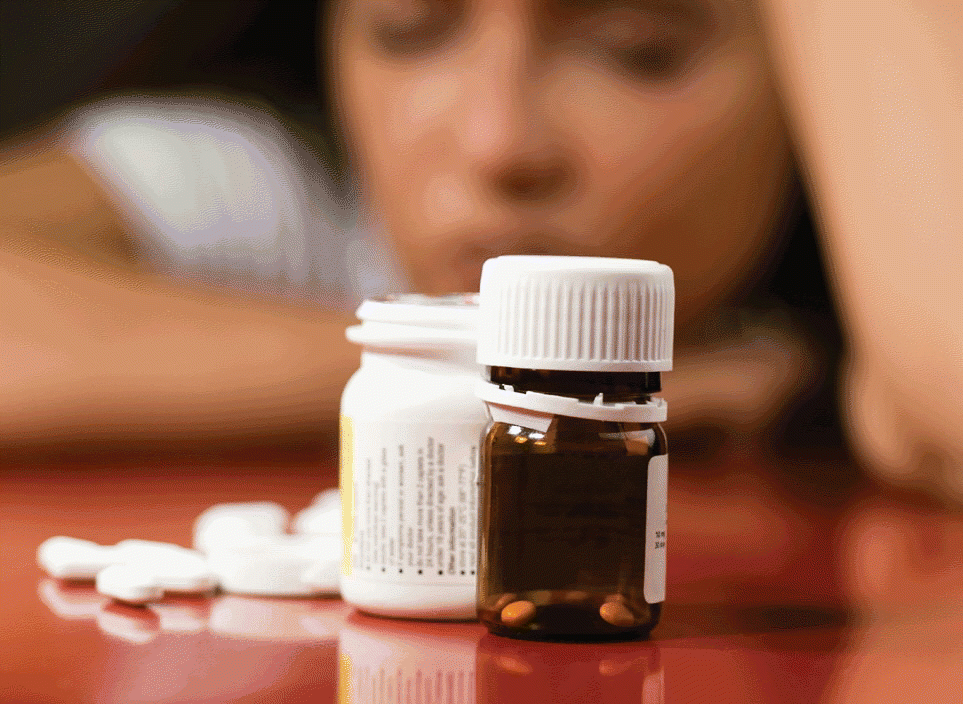Pharmaceutical research on treating inner ear disorders ramps up


Pharmaceutical research on treating inner ear disorders ramps up
Berrylin J. Ferguson, MD, FACS, FAAOA, associate professor of otolaryngology and director of the Division of Sino-Nasal Disorders and Allergy at the University of Pittsburgh School of Medicine in Pittsburgh, Pa., uses the following form to help determine which allergy treatments will work best for each patient.
I have been a strong advocate of electronic medical records (EMRs) for almost a decade. In fact, I used the phrases “It is the silver bullet for health care reform infrastructure” and “It is the cornerstone for health care reform infrastructure” to describe EMR plans when President Obama was campaigning. However, technology, like fire, can warm your house or burn it down, cook your food or kill you. Likewise, the wrong EMR will escalate inefficiency and raise health care costs. The wrong mandates or the wrong incentives have the potential to paralyze the day-to-day practice of medicine.
Berrylin J. Ferguson, MD, FACS, FAAOA, associate professor of otolaryngology and director of the Division of Sino-Nasal Disorders and Allergy at the University of Pittsburgh School of Medicine in Pittsburgh, Pa., uses the following form to help determine which allergy treatments will work best for each patient.

Laurie McCombs, 53, has dealt with sinus problems nearly all of her adult life. Clogged sino-nasal passages made it difficult for her to breathe at night, and the congestion caused morning pressure headaches. Over-the-counter and prescription antihistamines muted her symptoms but did not address their cause. At the age of 40, she decided to take the advice of friends who had experienced relief with acupuncture. Now McCombs follows the advice of the acupuncturist, who diagnosed her with allergies to dairy products and yeast, by limiting her intake of breads and milk products. She also continues to take loratadine and has found saline irrigation with the neti pot helpful in clearing her sinuses.

A push at the national level to fund more comparative effectiveness research could mean more information for otolaryngologists about which treatments work best for a given condition and in which patients.

Treatment with the antiepileptic drug pregabalin (Lyrica) appears to relieve symptoms among patients with laryngeal sensory neuropathy, researchers reported at the 88th annual meeting of the American Broncho-Esophagological Association.
